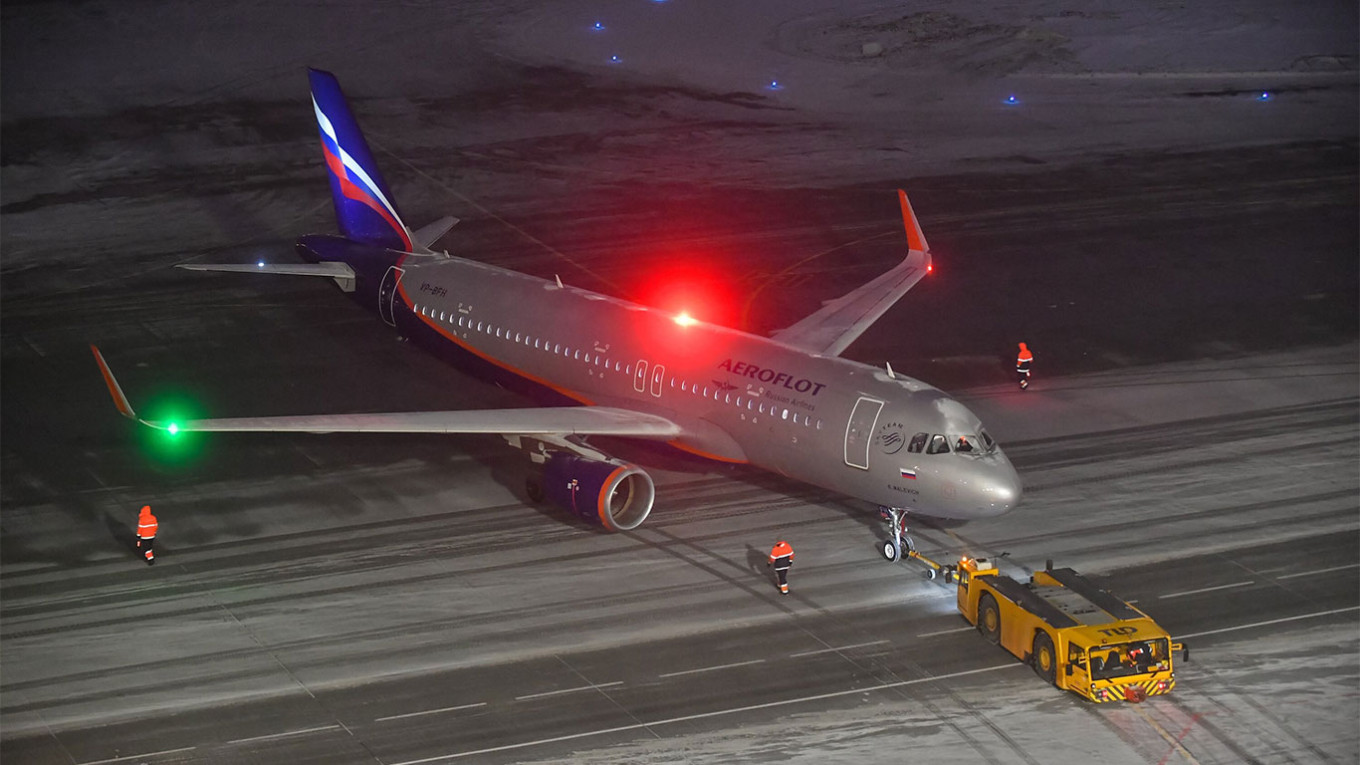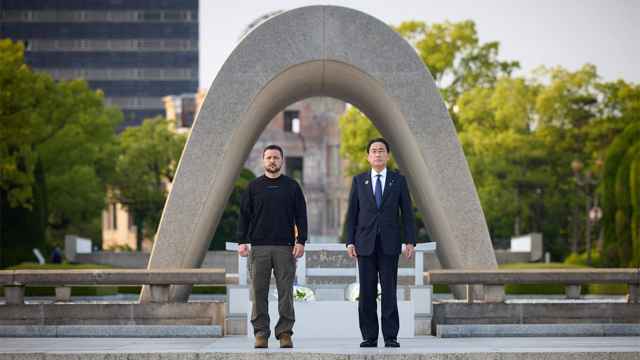Russia's flagship airline Aeroflot has asked its employees to refrain from recording equipment defects on aircraft, leading to planes regularly flying with malfunctions, according to the investigative news outlet Proekt, citing current and former employees at the airline.
A former employee at Aeroflot explained that the policy, in force since last spring, was introduced "to prevent aircraft from being grounded due to a defect, which, according to regulations, prohibits the aircraft from flying until it is fixed.”
A technical specialist at Aeroflot corroborated this information while adding that the same unofficial practice is now followed by other airlines in order to keep aircraft in the sky.
A former pilot at Nordwind Airlines told Proekt about a January incident at the Kazan international airport when fuel started leaking during the start-up of a Boeing 737's engines. The pilot recalled that technicians were unsurprised by the leak.
"It had happened several times before, but there were no records of it in the technical log book — the airline’s management asked us not to write anything," the pilot said.
"The Russian attitude of betting on good luck also exists in aviation. Obviously, it’s frightening to fly on hope alone, but unfortunately, that’s what’s happening in many airlines in the country today," he added.
Russia’s airline sector was one of the first to be affected by the Western sanctions and economic fallout from Moscow’s invasion of Ukraine. Air carriers have faced mounting problems with aircraft maintenance after being cut off from supplies of spare parts and software updates.
Sanctions are forcing Russian airlines to operate fewer flights, use fewer aircraft and cannibalize planes for spare parts, according to the American consulting company Oliver Wyman.
While Russian airlines maintained some 736 aircraft at the beginning of this year, analysts at Oliver Wyman estimate this number will halve by 2026, with airlines losing around 20% of their fleet each year.
A Message from The Moscow Times:
Dear readers,
We are facing unprecedented challenges. Russia's Prosecutor General's Office has designated The Moscow Times as an "undesirable" organization, criminalizing our work and putting our staff at risk of prosecution. This follows our earlier unjust labeling as a "foreign agent."
These actions are direct attempts to silence independent journalism in Russia. The authorities claim our work "discredits the decisions of the Russian leadership." We see things differently: we strive to provide accurate, unbiased reporting on Russia.
We, the journalists of The Moscow Times, refuse to be silenced. But to continue our work, we need your help.
Your support, no matter how small, makes a world of difference. If you can, please support us monthly starting from just $2. It's quick to set up, and every contribution makes a significant impact.
By supporting The Moscow Times, you're defending open, independent journalism in the face of repression. Thank you for standing with us.
Remind me later.






